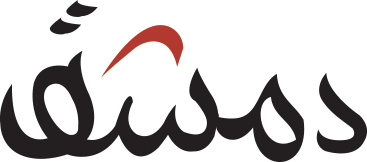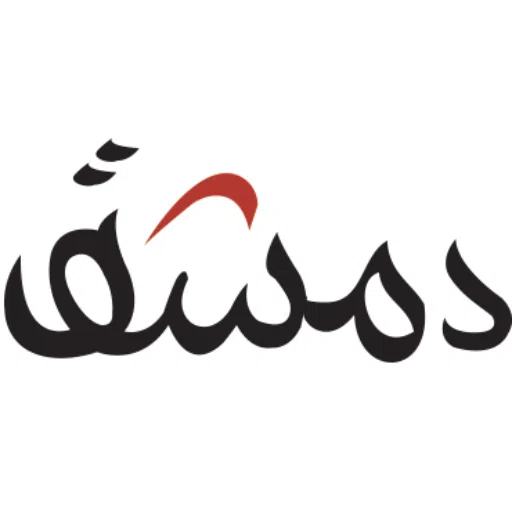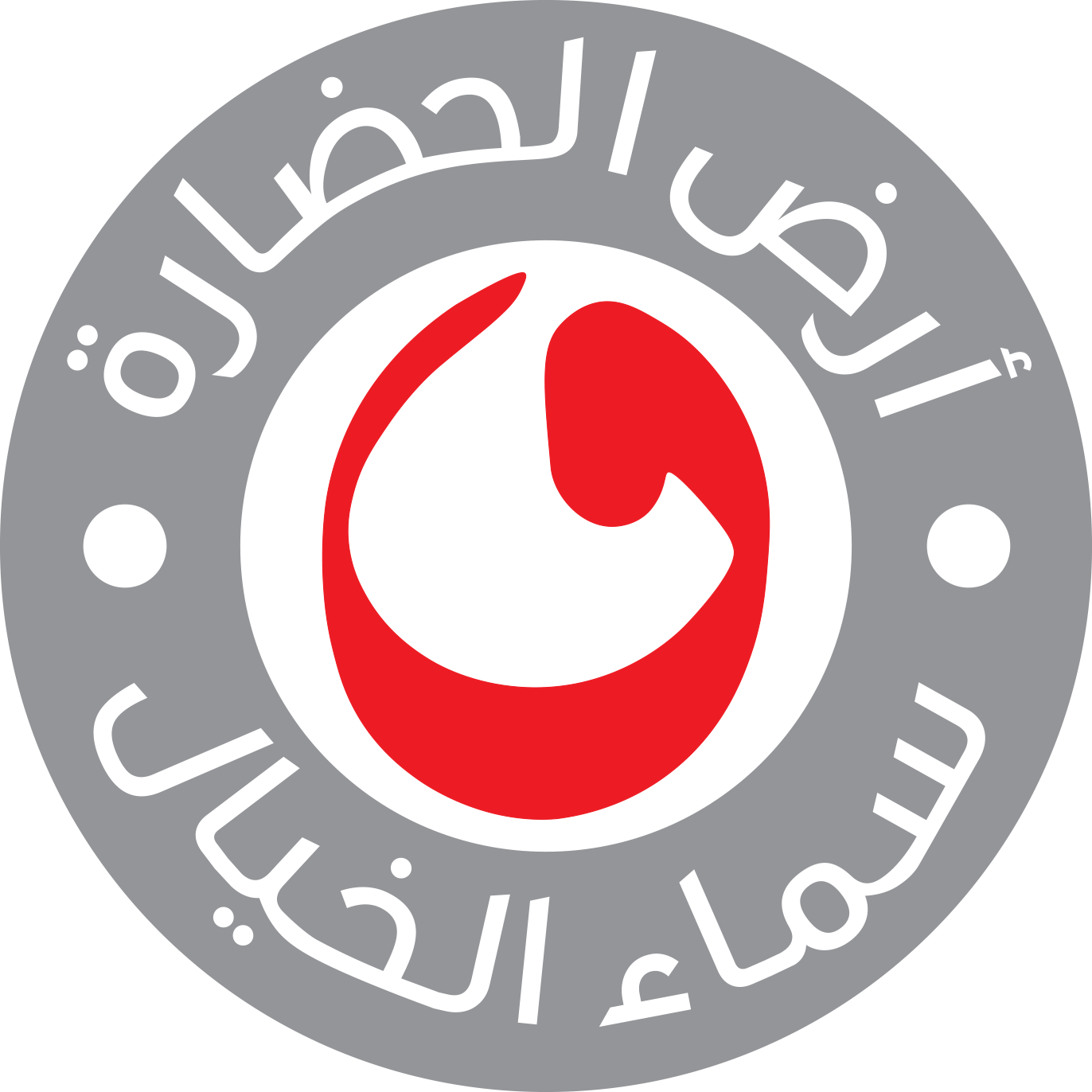Islamism and the Palestinian Left… You may find it strange that I address you in this way, but how else can I address you? If you were in my place, how would you begin this message? I wish I could address you by your names, one by one, or speak to all of you while looking into your eyes, but unfortunately, this is impossible. Well, I am aware that I have prolonged this. We have a sickness in the East, such as not being able to start speaking. I will not do that. And you know, in general, we tend to hide our true feelings and thoughts, perhaps out of shame; therefore, we speak as much as we can, not as much as we should.
Umberto Eco says, “Anyone can commit sin either by speaking too much or by remaining silent too long.” For us, it’s completely different. Our words are filled with gestures. We say something, but we want to draw attention to something else. We say something to someone, but in reality, we want to convey our words to another. I do not know how or in what era of history we acquired this habit, but with your permission, I will try to be completely clear with you.
The first images I remember of Palestine date back to the first Intifada. At that time, I was a primary school student, and all televisions in Turkey were black and white. We had only one channel, and the evening news would start just before us children went to bed at 8:00 PM. It was only then that we could see images of the Intifada in Palestine. Sometimes the picture on the screen would appear fuzzy, or the sound or electricity would cut off. But, as you know, what impresses us most as children is courage. The Palestinian people were etched deeply in my mind. When the first Intifada broke out, I started paying more attention whenever I saw news about Palestine on TV or in newspapers. Oh, the courage that all those men, women, and even children seemed to have. How beautiful they were. And most importantly, how real they were.
The years passed. I grew up, and thousands of new images of Palestine were added. It was as if you took my hand and pulled me into a fairy tale, and with it, a bird began fluttering in my chest. And so, I became acquainted with Palestinian literature. Because I was bored with politics and loved literature more than anything else. Literature and art can describe the reality of the Palestinian people in the best way. I had to do something. But what?
First, I wrote a five-part documentary script about the lives of Mahmoud Darwish, Ghassan Kanafani, Fadwa Tuqan, Naji al-Ali, and Samih al-Qasim. Meanwhile, I was constantly speaking with their families and friends. On the other hand, I was filming and conducting interviews about literature in Palestine and eight other countries. Luckily, this documentary was broadcast on government television. After that, I worked on it a bit more and turned these scripts into a book.
I knew it was just the beginning, and I couldn’t even say 10% of what I wanted to say about Palestine. That’s why I continued working, focusing on the period before the Nakba, especially the Great Palestinian Revolt of 1936-1939, and great Palestinians like the martyr Izz al-Din al-Qassam, Noah Ibrahim, Ibrahim Tuqan, Izzat Darwaza, Asma Toubi, Zuleikha al-Shihabi, Khalil Beidas, Khalil al-Sakakini, and I wrote my second book, trying to tell the stories of these figures. As I wandered through their stories, a different face would appear before me from every angle. For example, in describing Izzat Darwaza, can we search for him without mentioning Akram Zuaiter? Or is the story of Zuleikha al-Shihabi separate from that of her uncle, the great calligrapher Abdel Qader al-Shihabi? In this way, my path intersected with hundreds of people. And I was very happy.
I want you to know that I’m not telling you all this out of vanity. I just need to tell you what I have done so far, so you can better understand my feelings. Meanwhile, I hung pictures of Mahmoud Darwish, Ghassan Kanafani, and Naji al-Ali on the walls of my library. When I entered the room and turned on the light, their eyes met mine suddenly, as if they were sitting inside, waiting for me, asking me, “Where have you been?”
I was happy, but after everything new I read and wrote, my heart continued to suffer deep wounds. For example, when Fadwa Tuqan’s 36-year-old brother received news of the death of the great poet Ibrahim Tuqan, what did dear Fadwa say? “You turned my prison into a garden of flowers, Ibrahim.” These words have affected me more than almost anything else in my life. Or Samih al-Qasim’s farewell letter after Rashid Hussein, where he called his dear friend, “I will wait for you to get off the last train at the station…”. This thought always comes to mind when I go to the train station.
You know the poor young man Noah Ibrahim from Haifa, don’t you? What about the house Khalil al-Sakakini dreamed of? The final moments of Ghassan Kanafani in Beirut on July 8th, and the chocolate he handed to his daughter before his death. The beautiful voice of Asma Toubi rising from Jerusalem Radio, “Good morning, Jerusalem.” The endless journeys of Izzat Darwaza. The legendary resistance of the martyr Izz al-Din al-Qassam against British soldiers, and the words Khalil Beidas delivered at the Prophet Moses ceremony.
I lived within a sad story filled with hundreds of these memories. Full of men, women, and children who taught us about life. I never expected anything could pollute it. What a delusion that would be, right?
Do you know what happened after that? You disappointed me terribly, waking me from a dream I didn’t want to end. And worst of all, this story wasn’t polluted by others; you polluted it yourselves, that is, Palestinian Islamism and the Left.
Where were you in March 2011 when young people in Daraa, Syria, wrote anti-Assad slogans on walls near their school? Some of you must have been in Palestine, others in neighboring Arab countries, or in Europe or America. But surely you saw the people who took to the streets on March 15th to hold these young people, who were severely tortured, accountable and organized protests that went down in history as the “Day of Rage” and ignited the revolution.
I don’t know if you thought about it, but I had been thinking about these young people who wrote on the wall for years. This question always lingered in my mind: Could these young people, only 15 or 16 years old, have predicted that their actions would cause a great earthquake not only in Syria but in all our lives? Did they ever think they would not only split their lives but ours too? I don’t think so.
After those few words they angrily wrote on the wall, we became completely different people. The cries of Damascus, Aleppo, Idlib, Daraa, and other cities destroyed our world. What would be the meaning of what we have read and learned if we acted as if nothing had happened when they were tragically killed, tortured in prisons, or scattered like a rosary’s beads?
This is why Syria became a major test for us.











